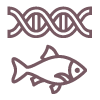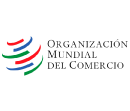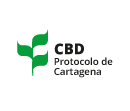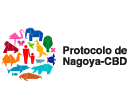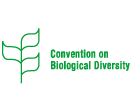 Overview
Overview

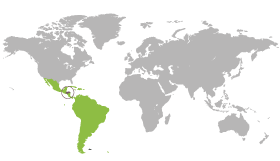
Area km2: 112,492
Population: 9,587,522
Capital: Tegucigalpa
ISO 3166: HN

Population density:
85.2 hab/km2
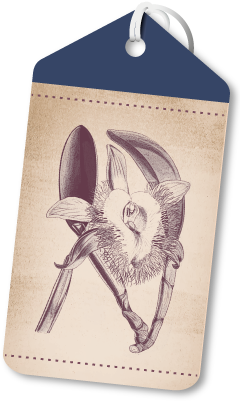
National flower:
Lycaste virginalis (Rhyncholaelia digbyana)
The economy of Honduras is mostly based on agriculture, mainly on the production and export of banana, coffee, African oil palm and shrimps. Honduras also cultivates maize, sorghum, beans and rice, pineapple, plantains, tobacco, cantaloupe, citrus fruits and potatoes. The country imports staple crops and the production of maize to partially meet the domestic market demand is concentrated in the departments of Olancho, Paraíso and Santa Bárbara.






 Trade
Trade Are there local developments?
Are there local developments?
